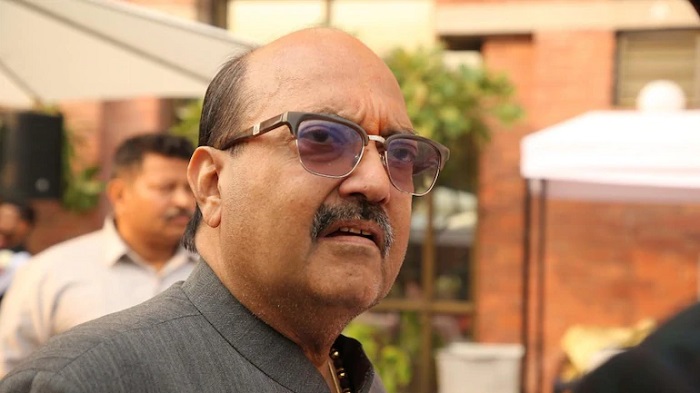New Delhi, Jun 28: The State Bank of India (SBI) has refused to disclose details of buyers of electoral bonds, political parties which have redeemed these and the bank's reports sent to the government on their sales, calling it a personal information held by it in fiduciary capacity exempted from disclosure, an RTI response shows.
The details provided by the bank shows that in March 2018, it sold bonds worth over Rs 222 crore while in April the number dipped to Rs 114.9 crore.
Mumbai saw maximum enthusiasm among donors to purchase electoral bonds with Rs 122 crore of bonds being sold from the SBI main branch in the maximum city while in April it saw sales of Rs 53 crore, it said.
Activist Venkatesh Nayak, who filed the RTI application, contested the response of the SBI stating that denial of information about buyers of electoral bonds and receiving political parties is "patently erroneous".
"The CPIO is treating both the buyers of EBs and the political parties as being in a "fiduciary relationship" with SBI! This is in complete violation of the Master Circular issued by the Reserve Bank of India regarding the basis of customer confidentiality. Para #25 of the July 2015 Master Circular," he said.
The master circular said scope of the secrecy law in India has generally followed the common law principles based on implied contract.
"The bankers' obligation to maintain secrecy arises out of the contractual relationship between the banker and customer, and as such no information should be divulged to third parties except under circumstances which are well defined," it said.
Nayak said when the SBI is in a contractual relationship with its customers, according to the RBI Master Circular, its CPIO cannot claim the protection of "fiduciary" relationship which is a trust-based relationship and has nothing to do with the banking business.
"This position has been clearly explained by the Supreme Court of India. More importantly, when the Finance Minister has repeatedly said that EB scheme is 'engineered' to make political party funding more transparent, then, is there not a duty to the public to disclose?
"As the CPIO seems to believe otherwise, it is necessary now to bring the duty of disclosure, 'under compulsion of the law', namely through the procedures of the RTI Act," Nayak said.
Even worse, is the CPIO's claim that all reports sent to the government and the RBI regarding the sale and redemption of the bonds are also covered by "fiduciary" relationship, he said.
The government had notified the Electoral Bond Scheme 2018 on January 2, 2018 which allows a citizen to buy these bonds from the State Bank of India for extending donations to political parties.
The Electoral Bonds shall be encashed by an eligible political party only through a bank account with the authorised bank, the government has said in a statement.
Electoral Bonds shall be valid for fifteen days from the date of issue and no payment shall be made to any payee political party if the Electoral Bond is deposited after expiry of the validity period, it said.






Comments
Add new comment